It started this week with a teacher talking about her student’s objection to her defining a noun as pertaining to a “person, place, thing or idea.” The student, a Buddhist monk trying to learn English, asked: What about animals? Her suggestion that animals are nouns because they are “things” The monk objected to the teacher considering an animal an object.
Temple Grandin, in an article entitled, “Animals Are Not Things” discusses the neurological complexity of different animals and that a key differentiator for contrasting a thing, such as a screwdriver, with an animal that is not a thing– is feeling pain or fear. For her that is the line of demarcation between a thing and an animal. Dr. Grandin is known for her work with cattle and minimizing their pain and fear—the article reflects her advocacy for protecting the rights of animals (albeit ones with nervous system complexity) from suffering.
Dr. Grandin raises a further interesting question about the human notion that animals are property. What seems to motivate this line of inquiry is her sense that humans own things. So, if animals are indeed not things, then how can we own them? She cites a movement to shift language used from pet owner to pet guardian but acknowledges that we have been buying and selling animals for millennium and that animals are seen as property, not only legally, but in our human narrative—our sense of dominion over nature (falsely) calls for ownership.
As a first step in addressing our attitudes toward animals it would be useful to not treat them, as Dr. Grandin suggests as things. Why not add to the dictionary definition of noun: “a person, animal, place or thing?” We then can enlarge the list further by adding much more of nature that does not fit into any of those categories.
This week ended with a story of the love of a child for her dying pet. The pet might easily have been considered a thing, but for the child, her pet was a friend, her pet was not an “it”, she was a she; a loved one, a member of the family. Perhaps the shift from considering ourselves owners to guardians of animals is a step forward in our spiritual growth of being less objective and treating all of life with the sanctity it deserves.


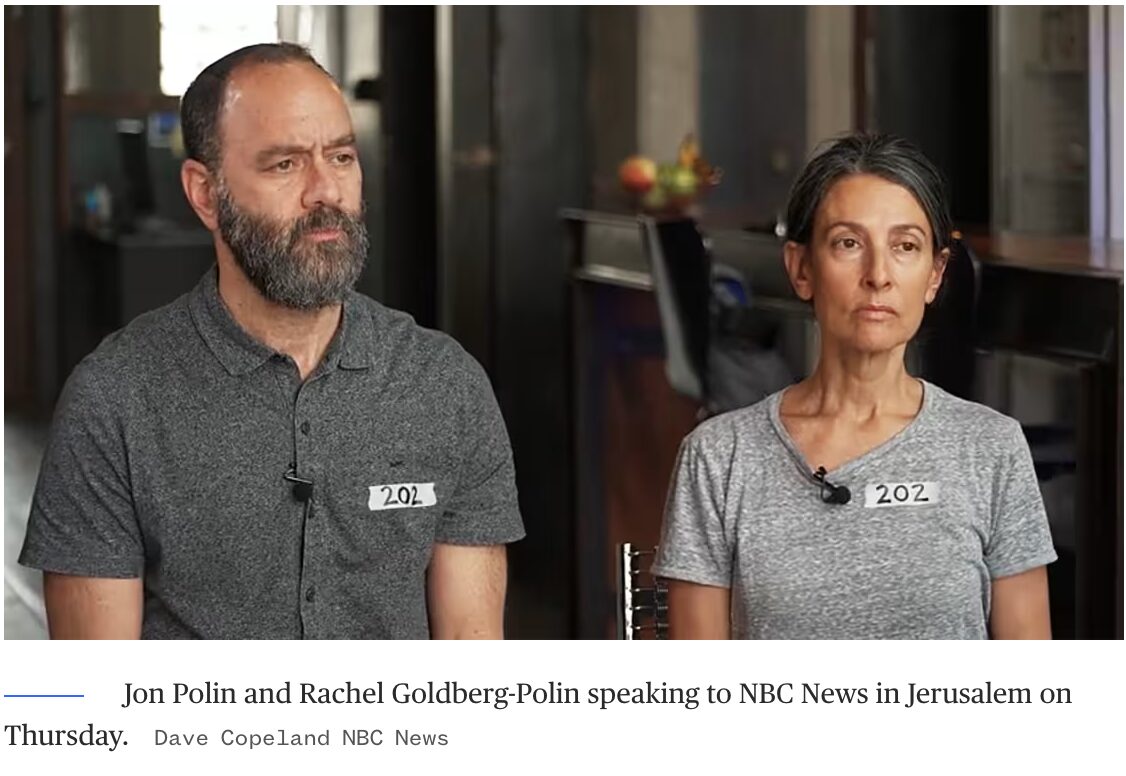
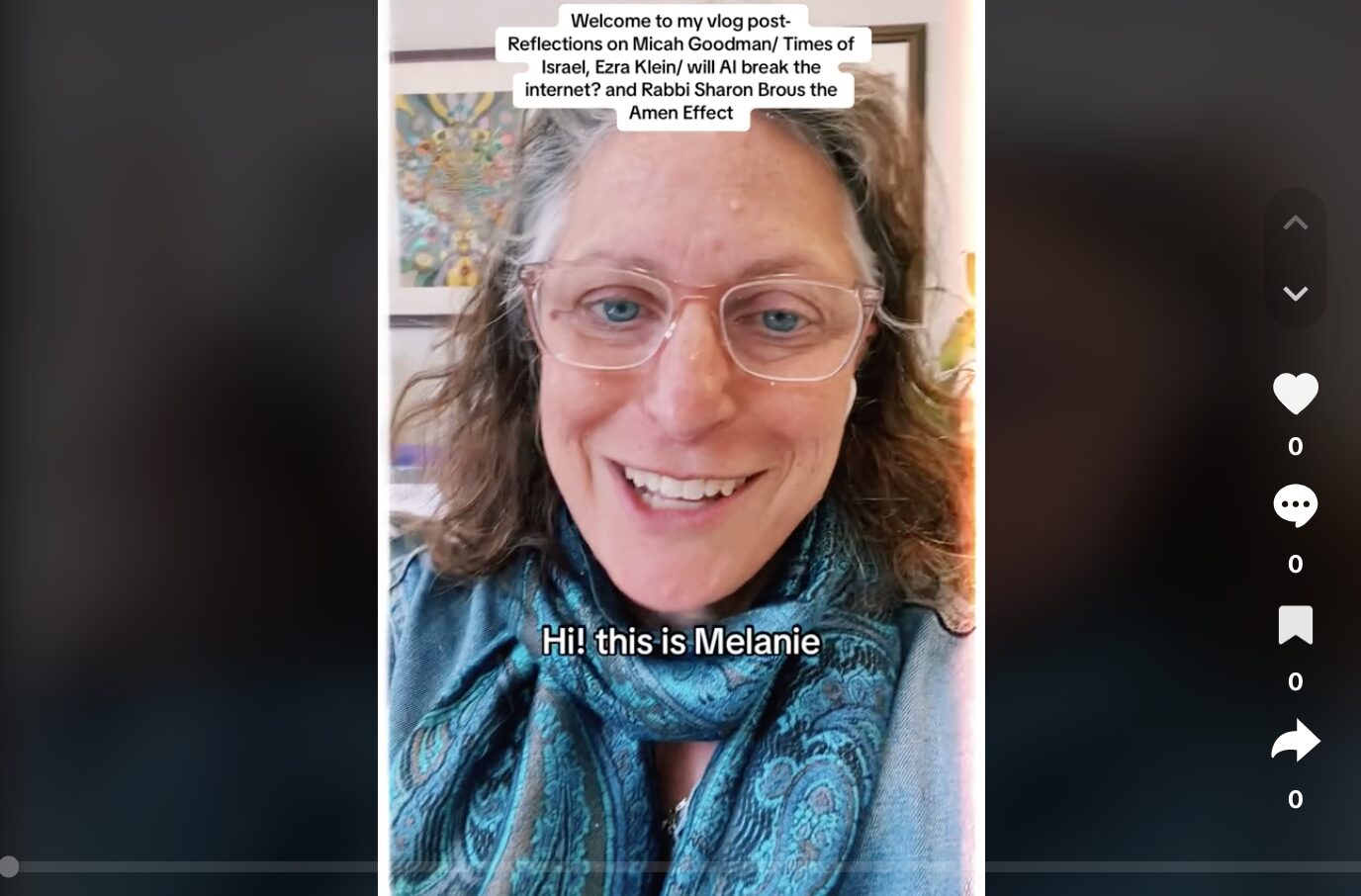

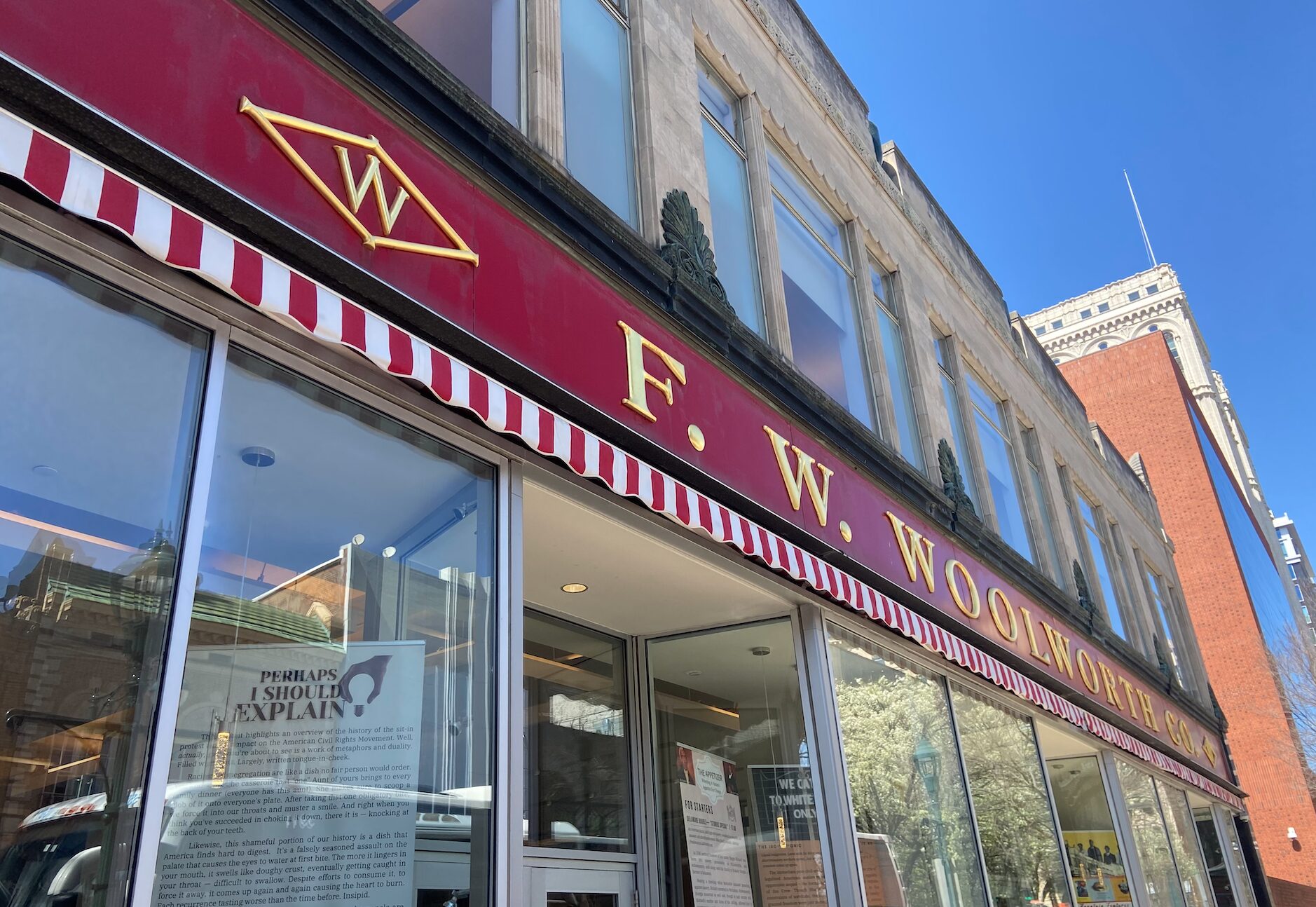
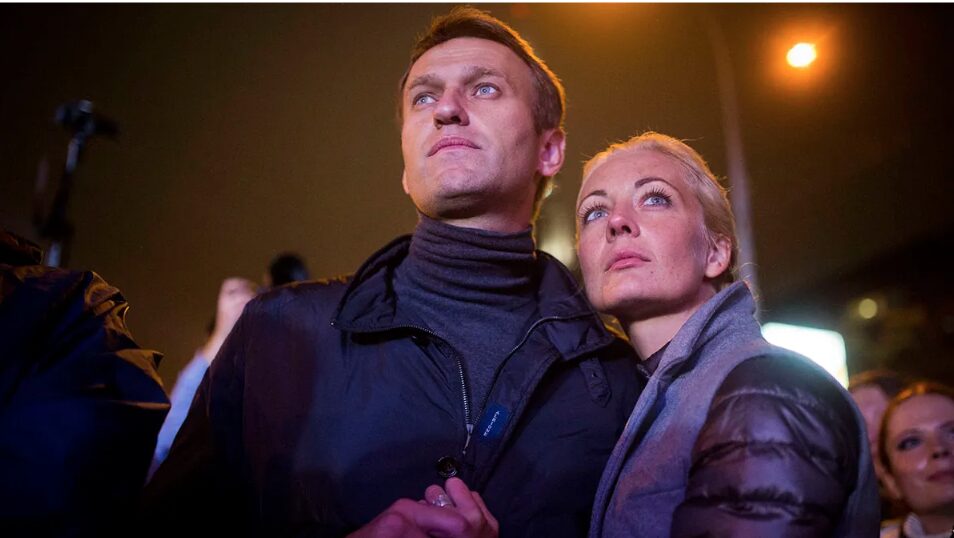


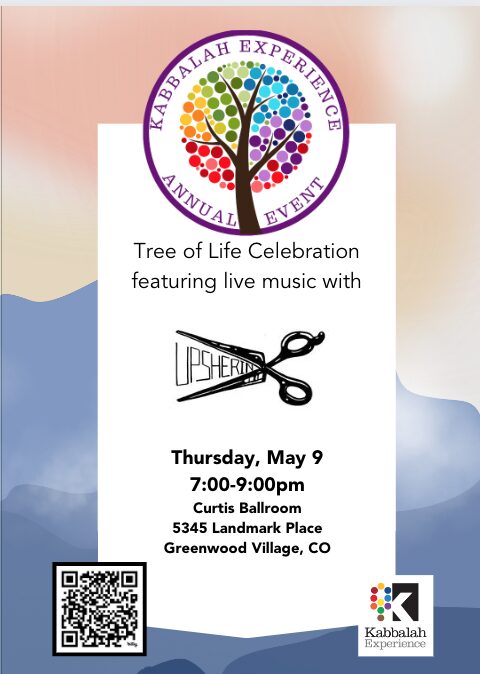
0 Comments